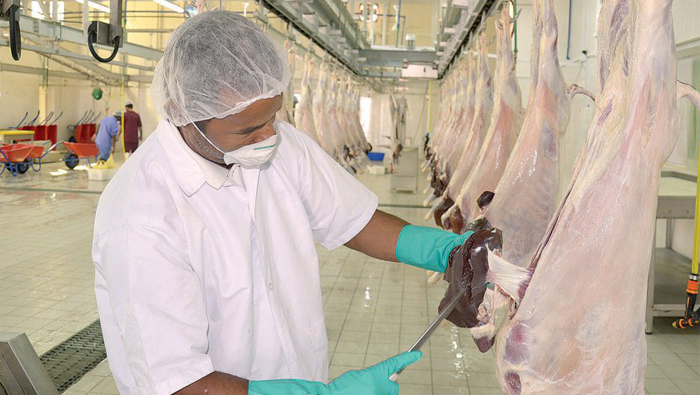
Muscat: As Eid Al Fitr is round the corner, the Ministry of Health (MOH) has urged people to adopt preventive measures and follow hygiene norms to avoid contracting Crimean-Congo Haemorrhagic Fever (CCHF) while slaughtering animals.
“People should ensure that which have been purchased are free of ticks. They should not touch or crush or remove ticks by hand,” the ministry statement said.
The ministry also added that people should wear protective clothing, gloves and long shoes when handling animals and their tissues.
“Head to the approved municipal slaughterhouses, as well as, proper disposal of the slaughter waste by putting it in bags and throw it designated areas,” the ministry statement added.
Crimean-Congo haemorrhagic fever has claimed eight lives in 2016 so far, according to the Ministry of Health.
The ministry has also urged people to seek medical advice if they notice any symptoms of the Congo fever.
Normally, symptoms appear after 13 days of infection and include fever, muscle aches, dizziness, neck pain and stiffness, back pain, headache, sore eyes and photophobia (sensitivity to light).
There may also be nausea, vomiting, diarrhea, abdominal pain and sore throat early on, followed by sharp mood swings and confusion, in addition to drowsiness and depression after two to four days.
Abdominal pain may concentrate in the right upper quadrant with a significant enlargement in the liver.
Other signs of infection are fast heartbeat, lymphadenopathy and rash or bruises. Usually there are signs of inflammation in the liver.
Patients with serious cases may suffering from rapid deterioration in kidney functions or sudden liver or pulmonary failure after the fifth day.
The ministry also added that all health institutions are on the highest degree of vigilance and precaution to receive the suspected cases.